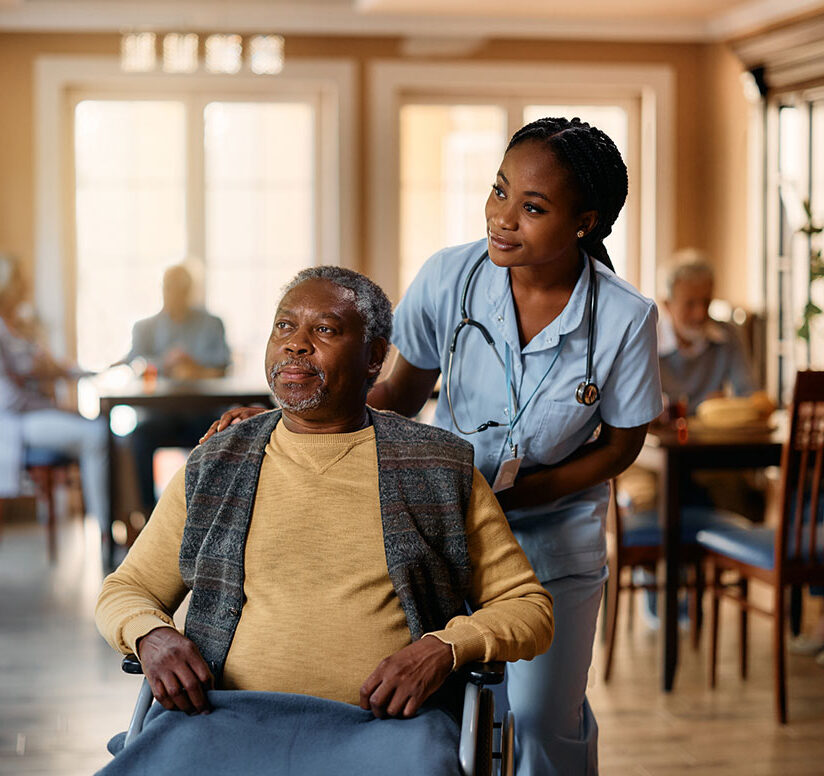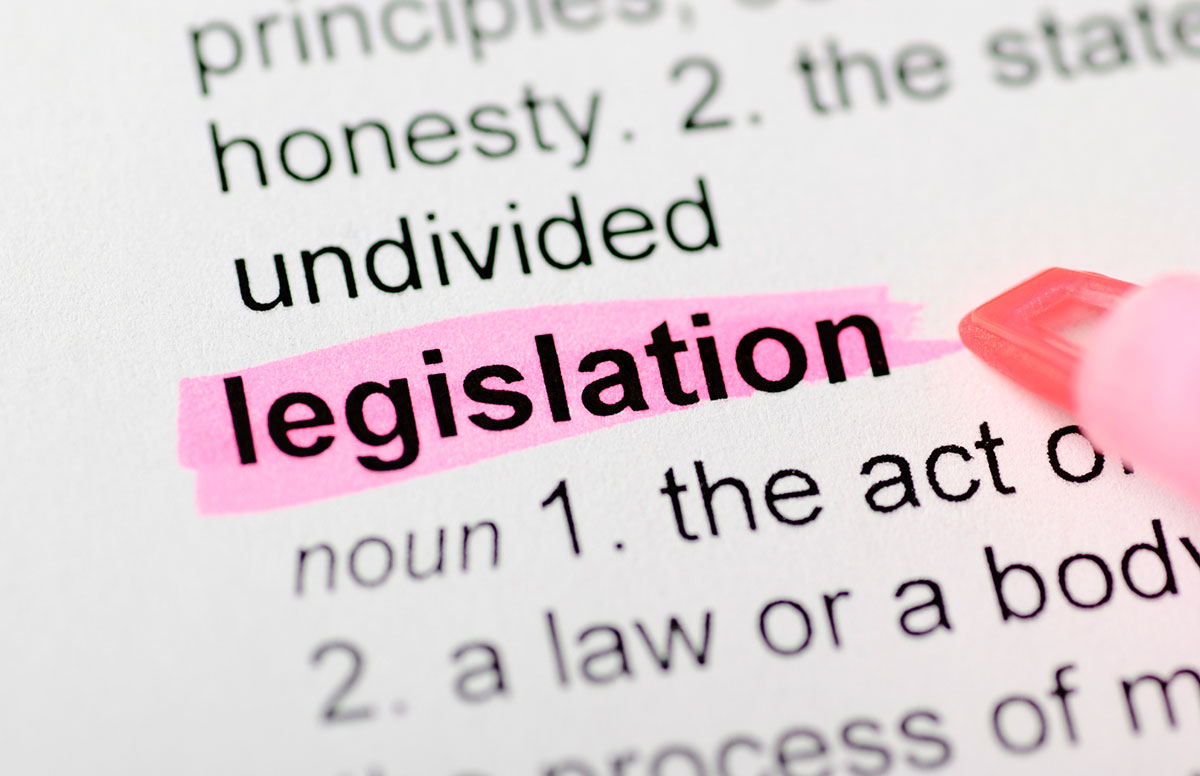CDC Updates Guidance on Isolation and Precautions for Adults with COVID-19
The Centers for Disease Control & Prevention (CDC) has updated guidance based on evolving evidence about the efficacy of re-testing COVID-positive adults. CDC asserts, based on new research, that adults who test positive for COVID-19 may continue to test positive long after they cease to be infectious. For this reason, CDC is no longer recommending a test-based strategy for determining when healthcare personnel may return to work and when transmission-based precautions can be discontinued for patients and residents recovering from COVID-19.
CDC has also updated symptom-based strategies based on this new information. According to CDC, adults’ viral shedding time depends on the severity of illness. Adults who experienced mild to moderate COVID-19 illness and who are not severely immunocompromised shed virus for a shorter period of time than those who experienced severe to critical illness or who are severely immunocompromised. In the updated guidance documents, CDC also lays out a framework for determining the severity of illness based on the COVID-19 Treatment Guidelines from National Institutes of Health (NIH). The CDC framework, SARS-CoV-2 Illness Severity Criteria, can be found in each of the guidance documents linked below.
Discontinuation of Transmission-Based Precautions and Return-to-Work Criteria
According to the CDC Guidance Discontinuation of Transmission-Based Precautions and Criteria for Return-to-Work for Healthcare Personnel with SARS-CoV-2 Infection, a test-based strategy is generally no longer recommended for determining when to discontinue transmission-based precautions in patients/residents recovering from COVID-19 infection or determining when these healthcare personnel can return to work. These decisions can be made using a symptoms-based strategy that takes into consideration the severity of illness as outlined below:
For adults with mild to moderate illness who are not severely immunocompromised, transmission-based precautions may be discontinued and/or healthcare personnel may return to work when:
- At least 10 days have passed since the onset of symptoms,
- At least 24 hours has passed since the resolution of fever without fever-reducing medications, and
- Symptoms have improved.
For adults who tested positive but never developed symptoms and who are not severely immunocompromised, transmission-based precautions may be discontinued and/or healthcare personnel may return to work when:
- At least 10 days have passed since the first positive test result.
For adults with severe to critical illness or who are severely immunocompromised, transmission-based precautions may be discontinued and/or healthcare personnel may return to work when:
- At least 20 days have passed since the onset of symptoms,
- At least 24 hours have passed since the resolution of fever without fever-reducing medications, and
- Symptoms have improved.
For adults who tested positive but never developed symptoms and who are severely immunocompromised, transmission-based precautions may be discontinued and/or healthcare personnel may return to work when:
- At least 20 days have passed since the first positive test result.
CDC notes that these recommendations apply only to infections in adults, not infections in children. Additionally, healthcare personnel returning to work after SARS-CoV-2 infection should wear a facemask, not a cloth face covering, at all times when in the healthcare setting (such as the nursing home) until symptoms fully resolve or return to baseline.
What This Means for Providers
These changes potentially mean that healthcare personnel may return to work and isolation of residents may be discontinued sooner than if the nursing home was relying strictly on a test-based strategy.
We note that the impact of this guidance on CMS and CDC recommendations for weekly re-testing of staff and weekly re-testing of residents in response to an outbreak is unclear. CMS continues to recommend initial testing of all residents and staff, with weekly re-testing of staff, and weekly re-testing of residents in response to an outbreak, though CDC notes that re-testing of recovered adults who remain asymptomatic in the 3 months following infection is unlikely to yield useful information during that time.

Most Recommended
July 03, 2025
 Budget Reconciliation 2025
Budget Reconciliation 2025
July 07, 2025
Pathways for Foreign-Born Workers
Recently Added
July 07, 2025
 Federal Judge Blocks Early Termination of TPS for Haiti
Federal Judge Blocks Early Termination of TPS for Haiti
July 03, 2025



